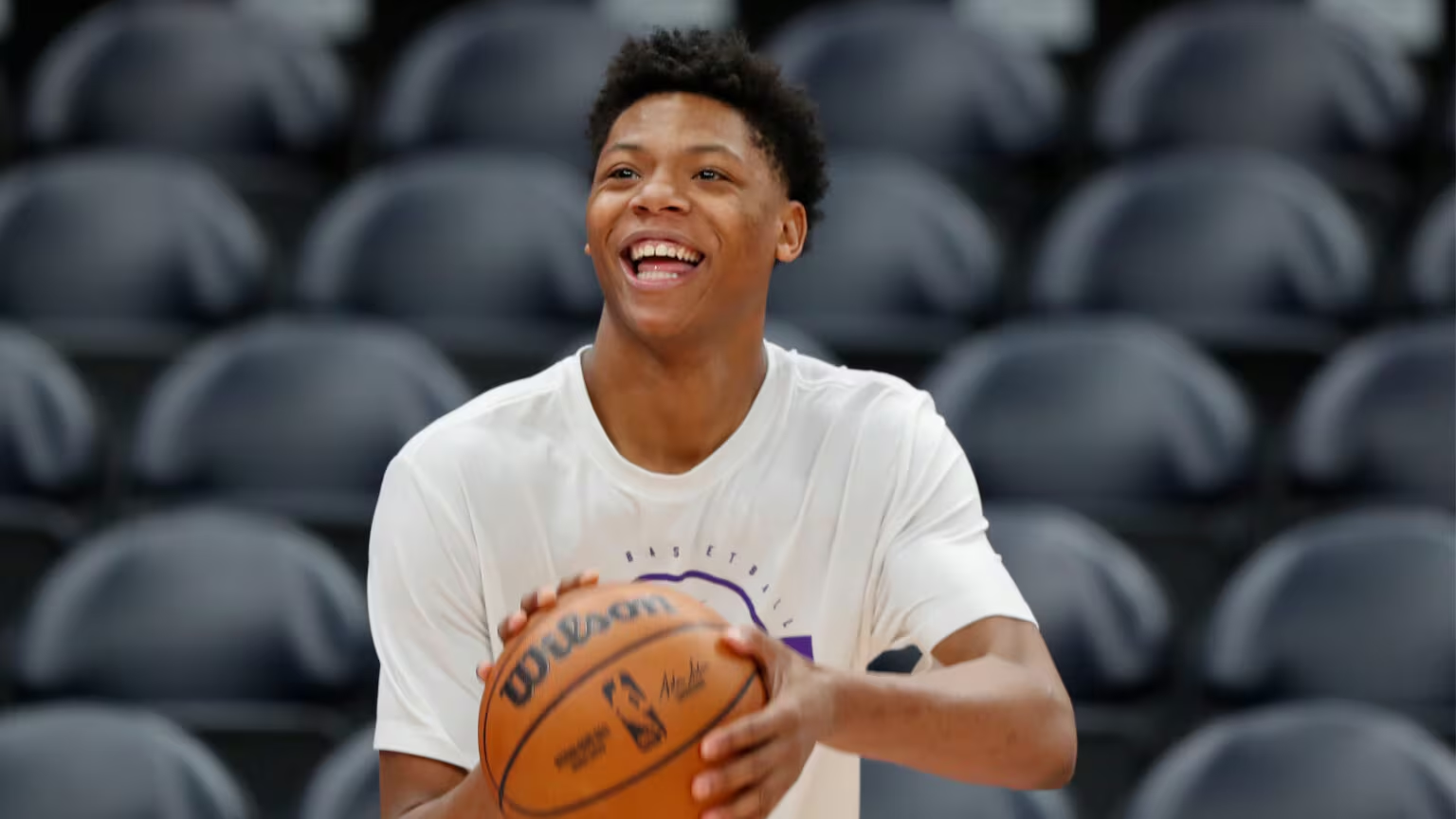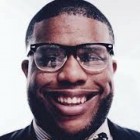
For 18 months, Rutgers star Ace Bailey had been penciled into the top five of nearly every credible NBA mock draft. Standing 6-foot-10 with an offensive bag that includes shot creation, ball handling, and upside that screams “next-level pro,” Bailey’s mix of size, skill, and potential has made him a tantalizing prospect.
But on Tuesday, ESPN’s latest mock draft revealed a surprising shift: Bailey slid to No. 6, a three-spot drop from Jonathan Givony’s previous projection, which had him going No. 3 to the Philadelphia 76ers. The fall wasn’t just numerical — it came with sharp editorial commentary that raised eyebrows across league circles and within Bailey’s inner circle.
According to ESPN, Bailey is “losing momentum after refusing to visit” the Sixers because he was “initially unsatisfied with his search for a proven pathway to development.” That report also cited less-than-glowing reviews from his draft combine interviews in Chicago, where teams reportedly questioned his “preparation and focus.” Givony noted that Bailey has become “polarizing in internal front-office conversations,” with concerns about his “feel for the game and lack of polish” opening the door for a wider draft range than anticipated.
Those close to Bailey, however, aren’t having it.
Sources familiar with the Bailey family’s thinking expressed frustration to me over what they view as unfair characterizations — even drawing comparisons to NFL legend Eli Manning’s 2004 draft saga.
“Ace is looking to go No. 3 or No. 4 in the Draft,” one source said. “Why is it that elite athletes and their agents can dictate where they want to go or where they want their client to go, and Ace can’t?”
Indeed, the Manning parallel isn’t far-fetched. The former Ole Miss quarterback was the consensus No. 1 pick in the 2004 NFL Draft, but he and his camp made it clear he didn’t want to play for the San Diego Chargers. The Chargers drafted him anyway, only to trade him minutes later to the New York Giants in exchange for Philip Rivers and additional picks. Manning would go on to win two Super Bowls in New York. That moment remains one of the most notable examples of a high-profile athlete exerting agency over his career path — and succeeding.
That’s the kind of bet Ace Bailey is placing on himself.
Those in his circle insist that he’s not ducking competition or lacking professionalism — he’s simply doing his due diligence. “He shoots a lot of jump shots but he’s willing to make corrections,” one source shared. “Ace Bailey will be a better pro than he was in college. He’s 6’10 and can create his own shot. Ace can handle the ball. With a little bit of work, he’ll be a better pro than he was in college.”
While Philadelphia is believed to have interest in Bailey, sources tell me that Danny Ainge is very intrigued with the Rutgers forward and has made calls about him. Ainge, known for his aggressive and calculated draft maneuvers during his time leading front offices in both Boston and Utah, is doing his homework.
That level of interest could signal that Ainge and the Utah Jazz — who currently hold the No. 5 overall pick in next week’s NBA Draft — are exploring ways to move up. Bailey is widely projected to go No. 3 or No. 4, meaning Utah may need to trade into that range if they hope to secure him.
Or, with the latest noise centered around Bailey’s draft stock, Ainge could be hoping Bailey slides to No. 5. However, I’m told that Bailey does not want to play for the Utah Jazz. Comparatively, I’m also told there are voices around Bailey who believe that stylistically, he wouldn’t be the best fit in a 76ers uniform either.
At Rutgers, Bailey averaged 17.6 points and 7.2 rebounds per game, flashing a versatile offensive game and elite physical tools. He entered college as a five-star recruit in a tough Big Ten conference — albeit on a Rutgers team that grabbed national attention that did not wholly live up to the hype.
It’s also worth noting that Bailey’s camp isn’t the first to assert leverage during the draft process. NBA history is filled with examples — from Kobe Bryant’s camp steering him away from certain teams in 1996, to Steve Francis refusing to play for the Vancouver Grizzlies in 1999. In each case, critics questioned the player’s professionalism — until their talent proved undeniable.
For Bailey, the days leading up to the 2025 NBA Draft will be as much about controlling the narrative as they are about showcasing his game. Teams will weigh the ESPN report against private workouts, tape, and the word of those closest to him. But if history has shown us anything, it’s this: elite talent combined with vision and self-belief can rewrite the script.
Ace Bailey isn’t running from the NBA spotlight. He’s just trying to make sure it shines from the right angle.

